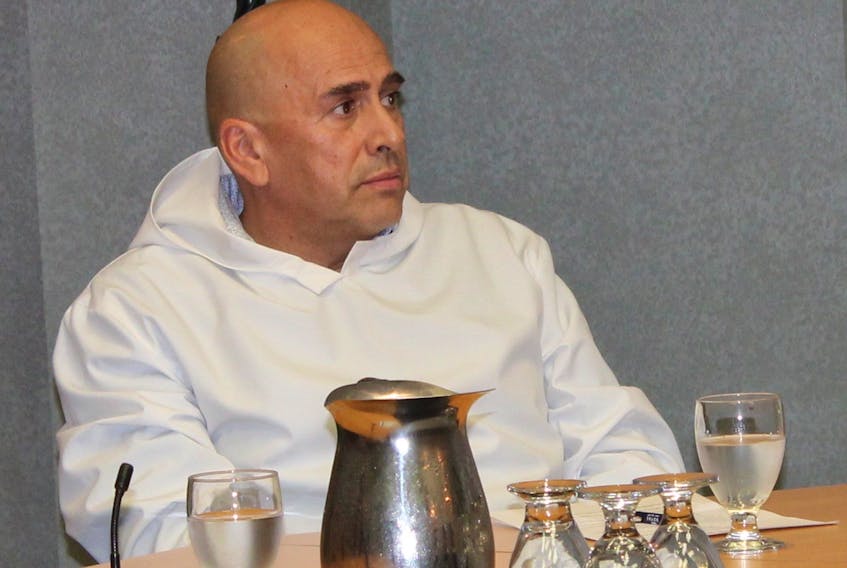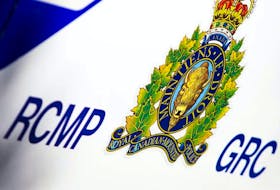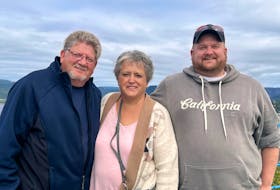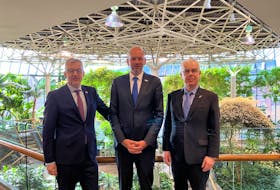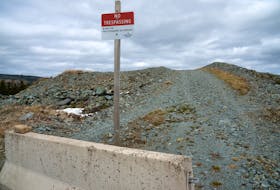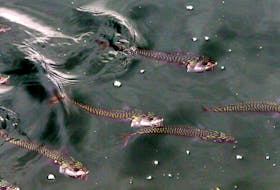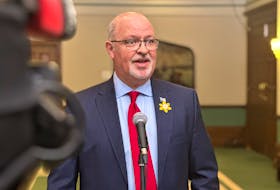HAPPY VALLEY-GOOSE BAY, N.L. — One of the Indigenous groups in Labrador says it needs more funding from the federal government to help combat the effects of COVID-19. The Nunatukavut Community Council (NCC) says it needed about $2.7 million in funding for its communities and to date has gotten a commitment of $582,000.
NCC president Todd Russell told SaltWire Network the NCC had contacted its 6,000 members in southern and central Labrador early on to identify what was needed, and this was the number it came up with. The NCC was hopeful it would be included in some of the larger funding announcements, Russell said, but it was not.
The federal government announced the Indigenous Community Support Fund on April 15, which is $305 million to help Indigenous communities with COVID-19 concerns.
“Of this amount, $45 million was set aside for recognized Inuit,” Leslie Michelson, a spokesperson for Indigenous Services Canada, told SaltWire. “This money is flowing to each of the four land claims organizations through an allocation determined by the Inuit Tapiriit Kanatami (ITK) and regional Inuit land claims organizations.”
The NCC is not part of ITK, a national non-profit group representing Canada’s Inuit, and is negotiating with the federal government for recognition of its Indigenous rights. The NCC was part of an additional $15 million set aside for Indigenous organizations (including regional organizations) and communities providing services to Indigenous people living in urban centres. Of that, it was given $582,000, which Russell said is a start.
“It’s a hell of a lot less than what was needed and proposed,” he said. “That was very disappointing. If you’re offering a program where individuals can access it, it doesn’t have much integrity if you can only offer it to a handful of people. You need to be able to have some funding to make it credible and have a measurable, positive impact.”
He said the NCC looked at all the programming it had planned, and scaled back where it could, which still left it about $1 million short of what was needed. The NCC decided to go ahead with the initiative, Russell said, even though it has a commitment of only $582,000 and needs at least $1.6 million.
“We have made the decision to start rolling out the programs. It’s a risk, for sure, and I don’t like carrying that. It’s an extra stress and people don’t need extra stress in this time of a health emergency.”
Russell said the NCC will lobby the federal government for the remainder of the needed funding.
When asked if more funding was forthcoming from the federal government for Indigenous organizations, Michelson said Indigenous Services Canada understands more support will be needed and is working to identify and deliver the supports.
Some of the programming the NCC has announced includes ongoing assistance for Black Tickle, an elder-support program, a food and heat security relief program, and cultural mental wellness support.
Evan Careen is a Local Journalism Initiative reporter covering Labrador for SaltWire Network

